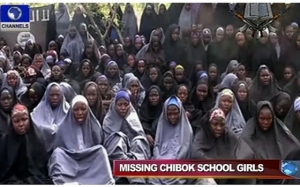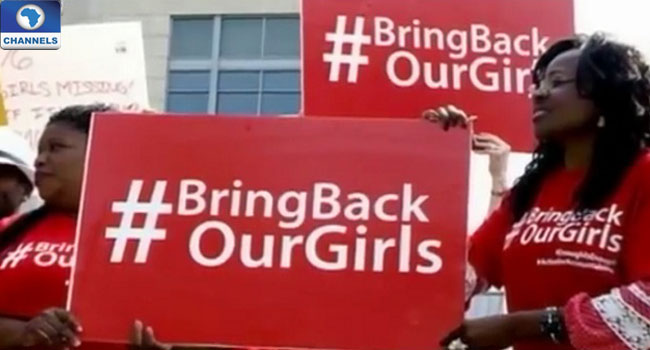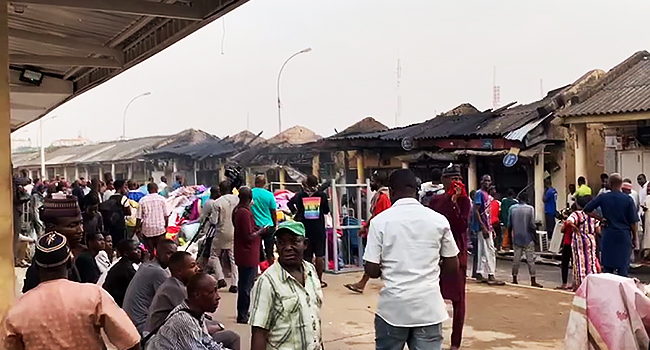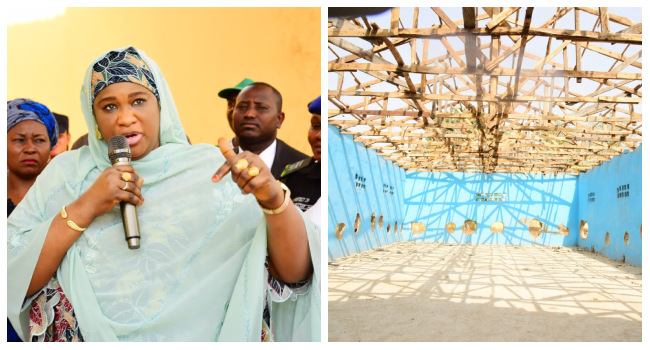
Many protesters all over the world demanded greater government actions over the rescue of the girls and security of lives and property.
The terrorists were said to have broken into the school pretending to be guards, telling the girls to come with them, when the girls came out, they burnt their dormitory and took a large number of the girls away in a truck to an unknown destination.
Initial reports claimed 85 girls had been kidnapped. The military authorities issued a statement that 100 of 129 missing girls had been freed, but there were conflicting reports about the figures.
While the Nigerian military said 129, the parents claimed 234 and the Nigerian Police approximated the figure to be around 276.
Concerned citizens cried out that Nigerian authorities failed to provide protection for the girls, even when Boko Haram had warned of an impending attack.
The Nigerian Police said they were still unclear about the exact number of students abducted and called on parents to provide pictures to identify their missing children.
The mix up over the figures of the missing girls drew the anger of civil society organizations and led to the setting up of a committee by the Goodluck Jonathan administration to get to the root of the whereabouts of the girls and to look into their rescue.
Boko Haram leader, Abubakar Shekau, claimed responsibility for the kidnap, releasing pictures of 130 girls in hijab and challenging the government that he will marry the girls out to unknown destinations.
That drew reactions from within and outside the country prompting several petitions poured in from concerned citizens who pressured the government to act.
A group of diverse citizens started a sit out on March 30, 2014, at the Unity Founding, Abuja, advocating for the speedy and effective search and rescue of the girls.
They marched to the National Assembly defying the rains, demanding for one thing; that the abducted girls be brought back.
They also tried to enter the Presidential Villa to pressure the government to do something, but were severally resisted. All they got was a ministerial delegation.
Nigeria’s former First Lady at that time, Patience Jonathan, set up her own type of investigation in an effort to unravel the situation around the kidnapping. She was, however, overtaken by emotions.
Days passed, followed by weeks and then months and now years. The international community joined in condemnation of the abduction of the Chibok girls.
The #BringBackOurGirls became the most popular in the world on social media with everyone urging the Federal Government to Bring Back Our Girls.
Elections came and gone with the girls in captivity. The batons changed. A new government came into power in Aso Rock and with their hashtag, the Oby Ezekwesili group got what they could not get in the past administration – a meeting with the President right in the Presidential Villa with hope rising promises to rescue the girls.
That promise is yet to be fulfilled as the Chibok girls are still in captivity.
Nigerians and the international community are waiting to see a fulfilment of the promise by the Muhammadu Buhari-led government that they cannot claim to have defeated Boko Haram without rescuing the Chibok girls and other innocent persons held hostage by the insurgents.




